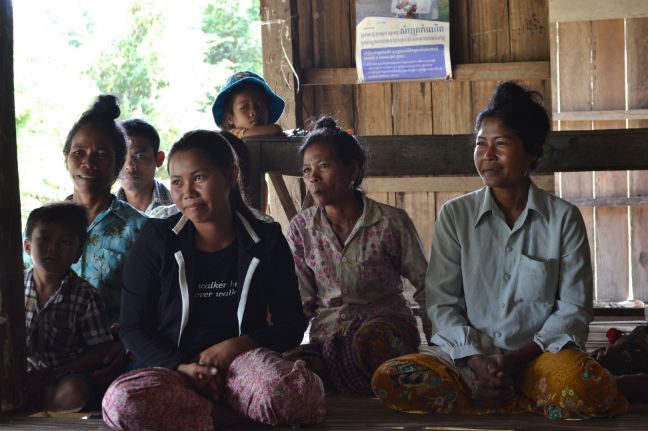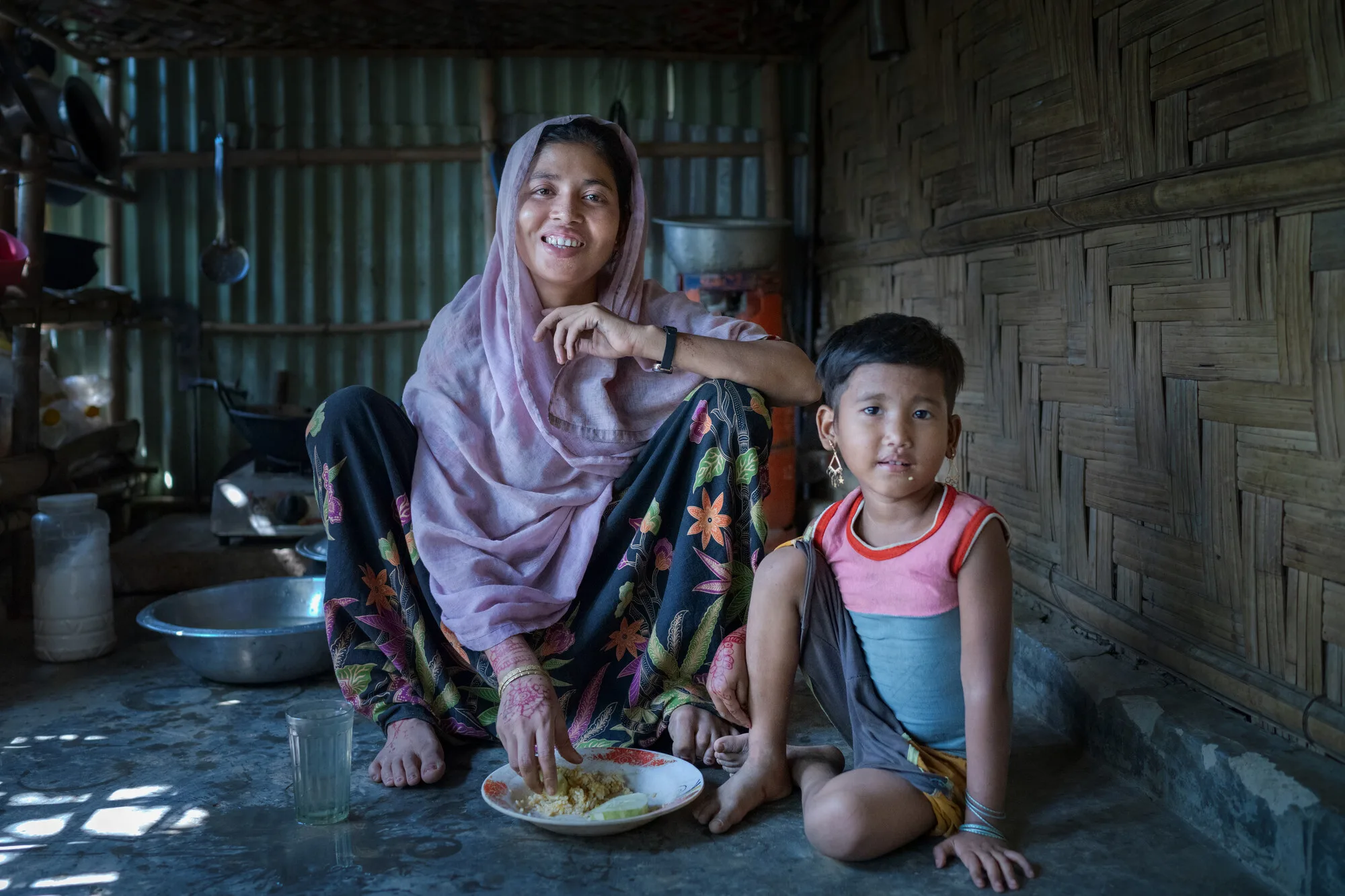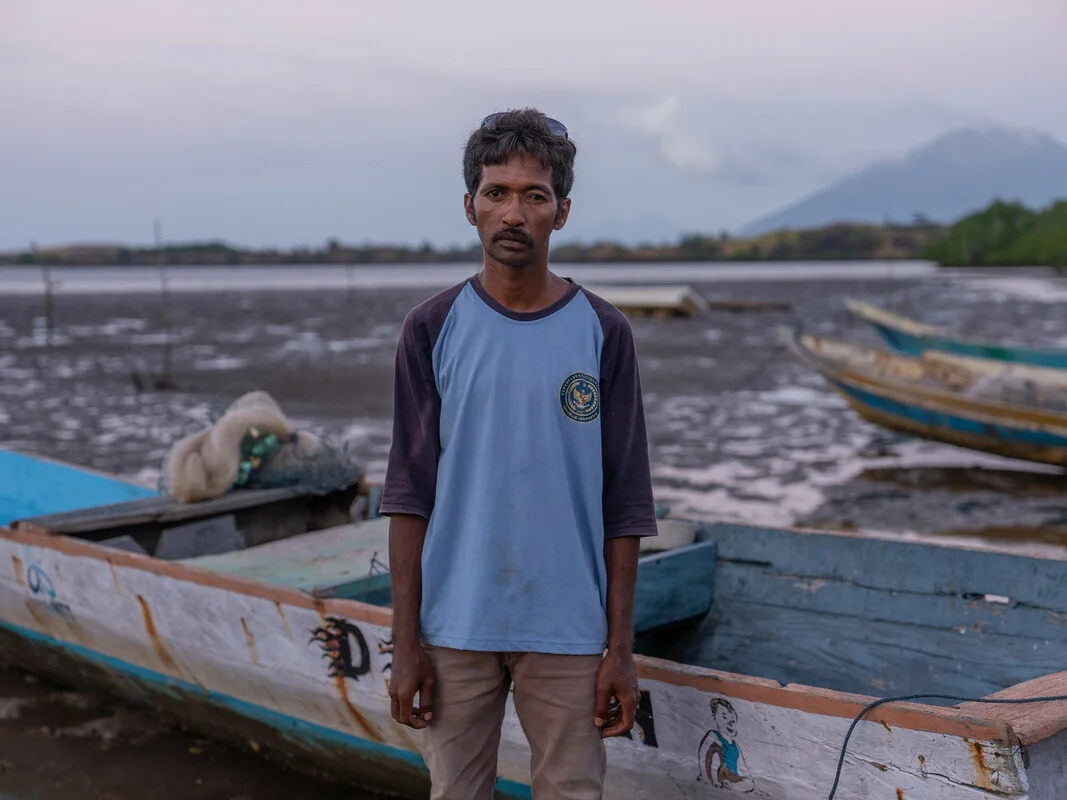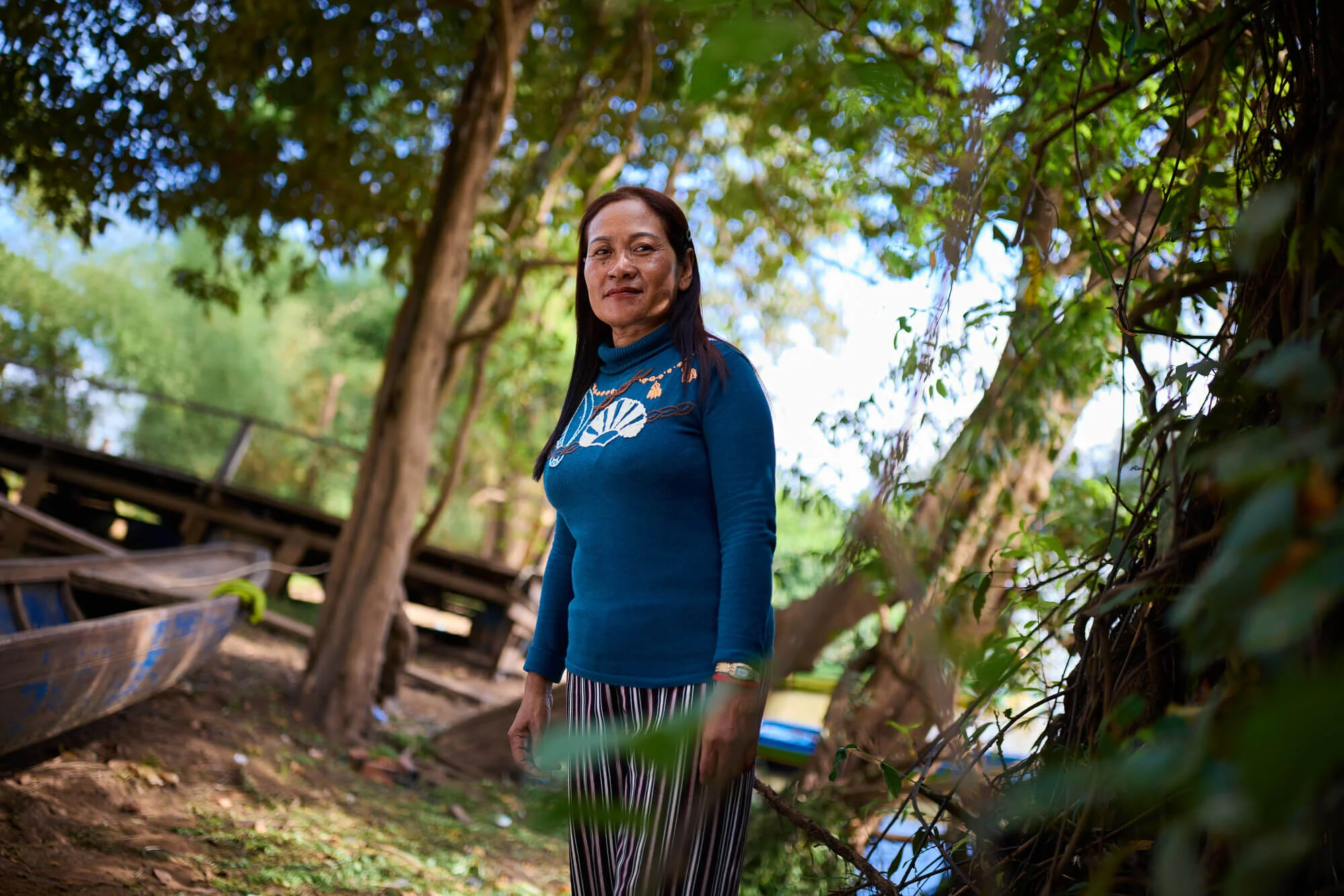By Socheata Sim, Monitoring, Evaluation & Learning Coordinator, Phnom Penh.
With funding from the Australian Government, the Mekong Inclusion Project is helping Oxfam and its local partners empower young women to discuss key problems in their community — and share their perspectives with decision makers.
In Cambodia, local partner North-eastern Rural Development (or NRD) broadcast a radio program called “Women Talk on Air” — a program that aims to build capacity and empower women to speak their minds to community leaders and the decision-makers within government departments.
Part of the program is Nari Thouch, 24, a young indigenous Kouy woman leader. NRD provided training and mentoring on public speaking to help build her confidence. Although nervous as first, Nari was gradually able to discuss critical issues that could ultimately have an impact on her family and community.
One such issue is concerns around hydropower dam construction and the potential impact on their lives.
For the past 17 years, Nari has been living in Koh Dambong village, Sambor. The richness of natural resources — especially from the Mekong River — has been the main source of livelihood for her family and community. To sustain themselves, she grows rice, vegetable and raises pigs and chickens; her husband fishes on the Mekong River.
But the potential impact of a hydropower dam proposed for her district has grave concerns for Nari and her family. If a hydropower dam is built, her community would be flooded — forcing them to relocate. Nari thinks that relocation strongly affects women because access to basic resources such as water might not be available.
Nari’s strong request has been to not build a hydropower dam in Sambo.
“If constructed and our community’s town is flooded, what happens to the revenue earned from the hydropower activity? Who will it support? Will it support city residents or people in my community? Will there be any benefits for my community?” said Nari.
Besides hydropower, Nari has joined “Women Talk on Air” four times to speak about key problems faced by women in her community including maternal health, community saving and illegal fishing.
Take action now to call for a 10-year moratorium on any dams along the Mekong.



